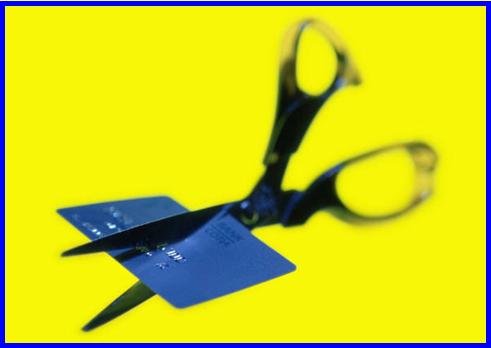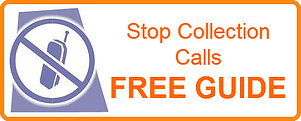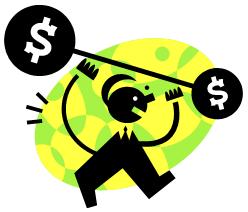 If you have ever shopped around for car insurance, you probably already know that there are a number of factors that affect the rates you will be paying. Age, experience, and the type of vehicle you drive all seem like reasonable criteria, but what about your credit score? Whether you are aware of it or not, your credit rating in most cases does affect your insurance rates; knowing your credit rating and what it means for your rates makes it easier for you to get the best deal.
If you have ever shopped around for car insurance, you probably already know that there are a number of factors that affect the rates you will be paying. Age, experience, and the type of vehicle you drive all seem like reasonable criteria, but what about your credit score? Whether you are aware of it or not, your credit rating in most cases does affect your insurance rates; knowing your credit rating and what it means for your rates makes it easier for you to get the best deal.
How Does My Credit Score Affect My Insurance?
We all know that your credit rating can affect your ability to get a loan or purchase a home, but how your credit score affects your skill as a driver may not seem apparent—because it does not. The use of credit ratings as criteria for insurance premiums is a controversial topic, and the decision of insurance companies to include them is not fully understood. Your best strategy in determining what role your credit score has on your rates is to contact your insurance company and ask them for information.
How Do I Find My Credit Score?
If you are concerned about the effect of your credit score on your car insurance rates, you can easily determine your credit score. You can obtain your credit score from the three main credit bureaus such as Equifax, Experian, and Trans Union. Each of these agencies will charge you a small fee to see your credit score when getting your FREE Annual Credit Report. If you don’t need to see your credit report, you can check Credit Karma for your FREE CREDIT SCORE. Having an up-to-date and accurate breakdown of your credit rating before contacting your insurance company will give you the power of knowing whether or not their evaluation is a fair reflection of your credit rating.
What Can I Do If I Have A Bad Credit Score?
If you do have a low credit score, repairing your credit is your best strategy in eliminating this negative factor in your insurance company's calculation of your premiums; this will not reduce your rates in the short term, however. If your credit score has a considerable effect on your rates, your only real option in the short term is to shop around for a new policy at renewal time.
Though the fairness of insurance companies in using credit scores as criteria for evaluating the risk of insuring a particular individual is arguable, at this point it cannot be changed. Arming yourself with information about how your rates are calculated—and remembering that as a consumer you have the right to shop around—will help reduce the impact of this factor.
photo by: jcrakow



 How to Improve Your Credit Score
How to Improve Your Credit Score Credit Repair... Is it really possible?
Credit Repair... Is it really possible? DIY credit repair is not as hard as you think!
DIY credit repair is not as hard as you think!


 When most people think of a credit check, they think of this vague thing where the someone checking their credit puts in their name and other private information and gets this number along with everything they have ever done wrong financially. However, it’s a little known fact that there are actually two kinds of credit checks: Hard Pulls and Soft Pulls.
When most people think of a credit check, they think of this vague thing where the someone checking their credit puts in their name and other private information and gets this number along with everything they have ever done wrong financially. However, it’s a little known fact that there are actually two kinds of credit checks: Hard Pulls and Soft Pulls.


 We talk to a number of people who regret signing on the dotted line for their sister, best friend, boyfriend...... If they had just listened to Judge Judy in the first place, they would not be in this position. You should NEVER co-sign a loan for someoen unless you are married to them! That being said, so many people get talked into co-signing a loan and regret it later.
We talk to a number of people who regret signing on the dotted line for their sister, best friend, boyfriend...... If they had just listened to Judge Judy in the first place, they would not be in this position. You should NEVER co-sign a loan for someoen unless you are married to them! That being said, so many people get talked into co-signing a loan and regret it later.



